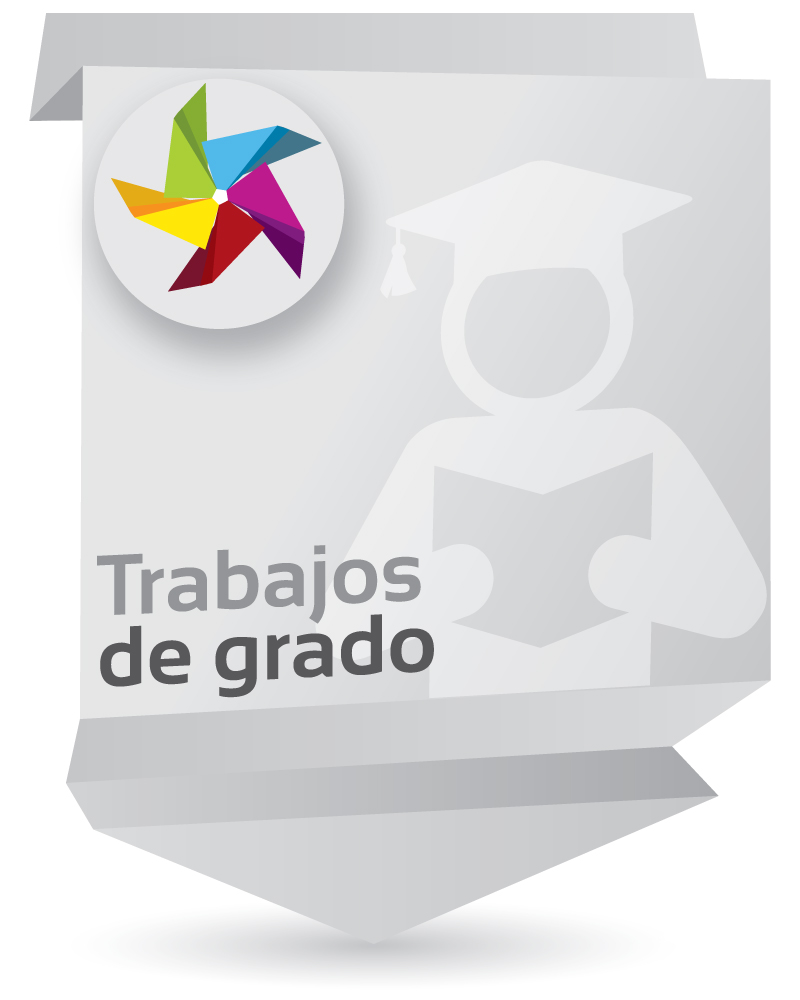Young adult learners’ self-assessment of their own vocabulary: How does it influence their oral fluency?

View/
Item Links
URI: http://hdl.handle.net/10818/10774Compartir
Statistics
View Usage StatisticsMetrics
Bibliographic cataloging
Show full item recordAuthor
Duque Micán, AdrianaAsesor/es
Cuesta Medina, Liliana MarcelaDate
2014-05-30Abstract
This mixed-method study explores the influence of self-assessment of vocabulary on a group of students’ oral fluency. Students’ disposition to share their insights suggested that the use of self-assessment as a strategy could foster fluency development. Twenty-four A2 young adult learners agreed to participate in this process and engaged in activities that promoted their oral skills and vocabulary development. Self-assessment was mainly examined through the analysis of students’ learning logs in which participants displayed their insights regarding their learning processes. By contrasting and analyzing data sources and the results obtained from pre and post-speaking tasks, it was found that when students self-assess their processes, they are able to acknowledge their learning drawbacks and strengths. This tack enabled students to set learning commitments, and use learning strategies that also allow them to raise awareness about their learning processes by self-monitoring them. Consequently, initial improvements in students’ oral fluency development were evinced; moreover, further longitudinal studies may well support the long lasting effects of this strategy in similar educational contexts.












![pdf [PDF]](/themes/unisabana//images/mimes/pdf.png) Ver documento en PDF (1.282Mb)
Ver documento en PDF (1.282Mb)



